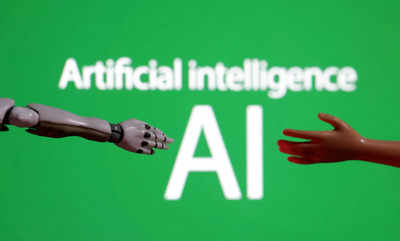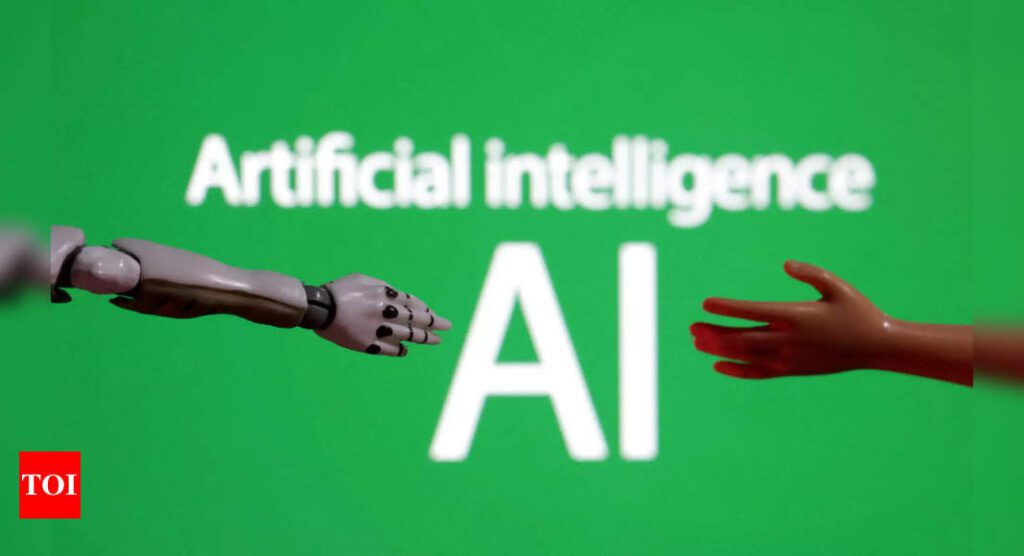
In recent development, the Indian School Certificate Council (CISCE) recently announced plans to introduce robotics and artificial intelligence as formal subjects for classes XI and XII, starting during the academic year 2025-26. This initiative also includes the integration of AI and coding in the elementary program, enriching fundamental IT education for young students.
These curriculum improvements align with the national education policy 2020 and will have an impact on more than 3 million students on a national level. With artificial intelligence permeating more and more various sectors, the need for students to acquire relevant skills has never been more critical for their future success.
While industries continue to rely on AI and robotics, CISCE’s decision to introduce these materials marks an important step in the preparation of students with future careers that require advanced technological skills, ensuring that they are equipped to thrive in an increasingly digital landscape.
Integration of AI and robotics into higher secondary education: benefits for students
As the landscape of education is changing, the incorporation of artificial intelligence (AI) and robotics in the study program for classes 11 and 12 establishes a new precedent. This integration promises to improve student learning, equip them with essential skills and prepare them for a technology -oriented future.
Familiarity with emerging technologies
By learning AI and robotics, students will familiarize themselves with technologies that shape the future. This knowledge positions them at the forefront of technological progress, preparing them for careers in high demand fields such as data science, automation and software development.
Improvement of problem solving capacities
Building with AI and robotics challenge students to think in a critical and creative way. By designing and unushing their projects, they develop essential skills in problem solving that can be applied in various disciplines.
Promote innovation and creativity
Robotic projects encourage students to innovate, allowing them to explore their ideas and transform them into tangible solutions. This practical experience nourishes a creative state of mind, essential for success in any field.
Personalized learning experiences
AI -focused tools can adapt the educational content to meet the individual needs of students, promoting a more personalized learning environment. This personalization helps students grasp complex concepts at their own pace, improving global understanding.
Collaboration and teamwork
Many AI and robotics projects require teamwork, promoting collaboration between students. This collaborative environment not only bases interpersonal skills, but also reflects real work parameters where teamwork is crucial.
Prepare for a digital future
Familiarity with AI and robotics prepare students for a future where these technologies will play an important role. Understanding their principles and applications allows students to navigate and thrive in a world focused on technology.


